Video playlists
- Video Number1 Video
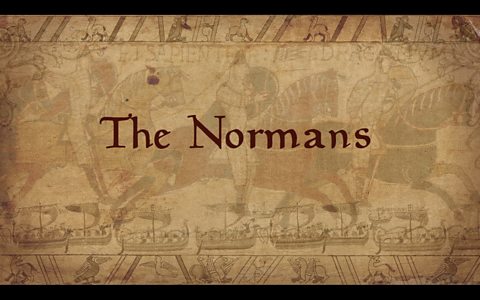
- Video Number4 Videos
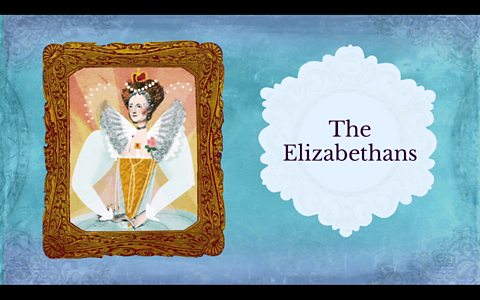
- Video Number5 Videos

- Video Number4 Videos
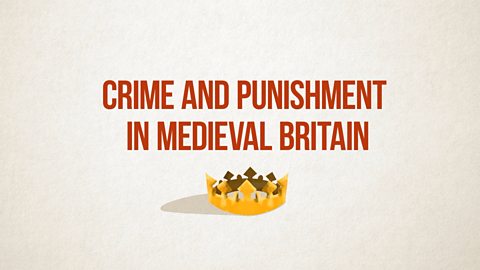
- Video Number4 Videos
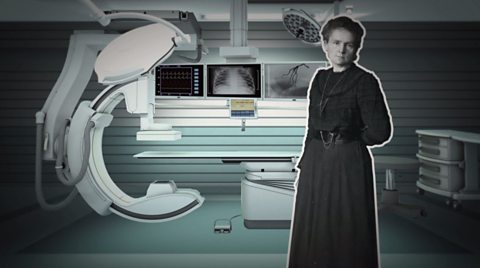
- Video Number1 Video
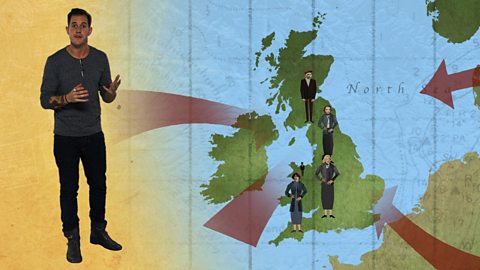
Early civilisations and empires (pre 12th century)
- Guide Number9 Guides
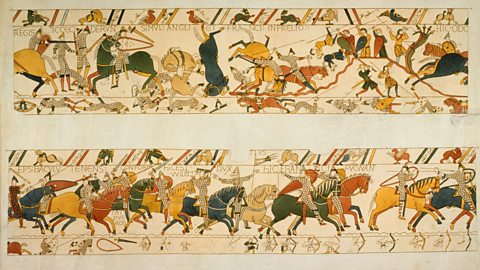
Tudors and Stuarts (15th to 17th century)
- Guide Number7 Guides
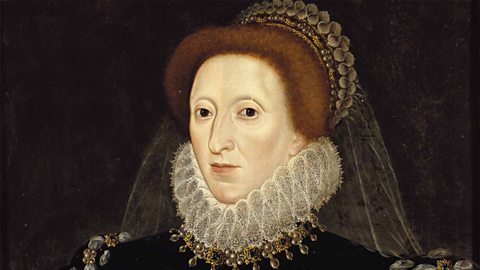
Modern World history (20th century)
- Guide Number5 Guides
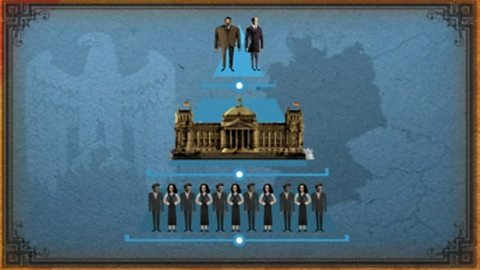
Crime and punishment, c.1250 to the present day
Crime and punishment in Britain overview - OCR B
From the medieval period to the present day, the nature and extent of crime, the enforcement of law and order, and society's punishment of offenders has changed. Various factors have influenced why different aspects of crime and punishment have changed or stayed the same.
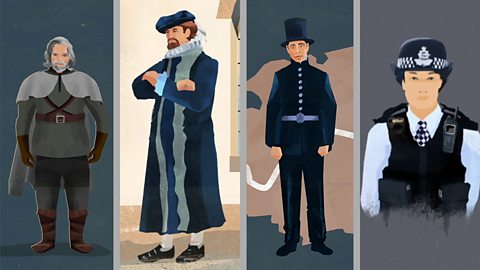
Crime and punishment in medieval Britain, c.1250-c.1500 - OCR B
Medieval law enforcement involved the whole community and was affected by the way society was organised. Punishments were harsh but reflected what people believed at the time. By c.1500, life had changed and new crimes had started to emerge.
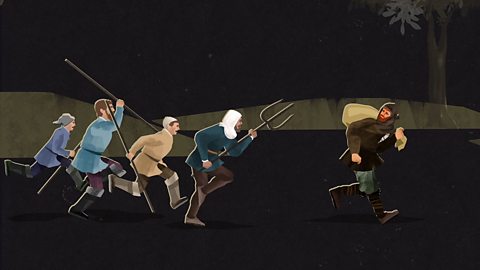
Crime and punishment in early modern Britain, c.1500-c.1750 - OCR B
Early modern Britain saw significant changes in the nature of crime and punishment. As trade grew so did organised crime. The influence of Puritanism meant many moral crimes were punished. Hundreds of people - mainly women - were executed for witchcraft. Society's approach to law enforcement and punishment was influenced by many medieval practices.
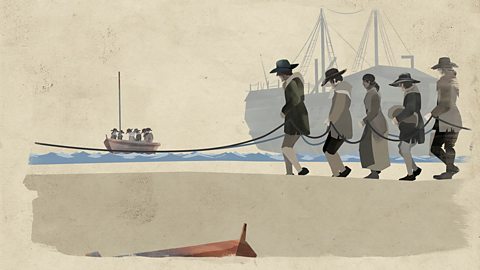
Crime and punishment in Industrial Britain, c.1750-c.1900 - OCR B
Britain saw rapid social, political and technological changes in the industrial period. These changes had a large impact on the causes of crime and the types of crime committed. There were also big changes in policing and punishments.
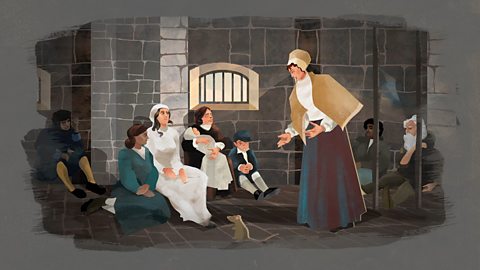
Crime and Punishment in Britain since c.1900 - OCR B
Britain experienced further social, scientific and political developments after 1900. New crimes have emerged, methods of law enforcement have evolved and more liberal views mean that punishments have changed significantly.
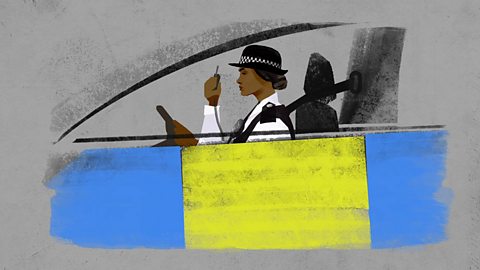
Exploring change and continuity - OCR B
Since c.1250, Britain has experienced significant changes in crime and punishment. Developments in the types of crime committed, in law enforcement, and in how crimes are punished have occurred. Common themes can be compared across time periods and reasons for change or continuity can be examined.
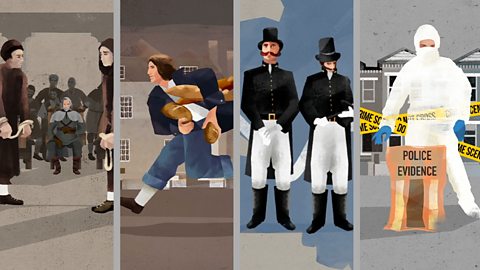
The peopleās health, c.1250 to the present day
The people's health overview - OCR B
The thematic study of the peopleās health, c.1250 to the present covers almost 1,000 years. Understanding what is meant by public health, the period's chronology, and some key themes is essential to understanding patterns of change and continuity.

Medieval Britain and the people's health, c.1250-c.1500 - OCR B
The peopleās health in medieval Britain was affected by where they lived, and limited by what they knew and believed. The Black Death devastated Britain in 1348. However, some improvements in health were made during this period.
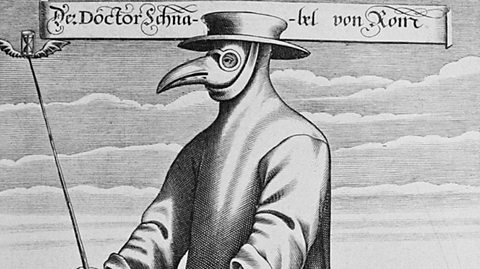
Early modern Britain and the people's health, c.1500-c.1750 - OCR B
Britain underwent big changes in the early modern period but many problems from the medieval period remained, such as poor sanitation and plague. Governments tried to develop solutions, but these were limited.
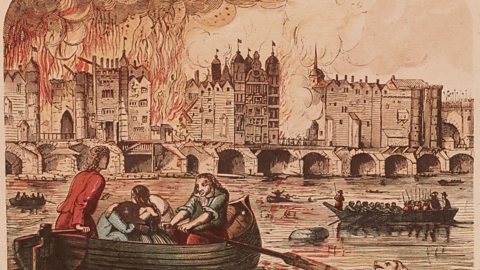
Industrial Britain and the people's health, c.1750-c.1900 - OCR B
Rapid industrialisation and urbanisation meant that living conditions and sanitation got worse in Britainās towns and cities. However, by 1900, the growth of democracy and scientific developments had led to improvements.
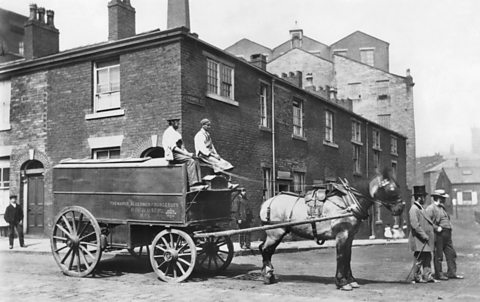
Britain since c.1900 and the people's health - OCR B
Further social and scientific changes after 1900 led to improvements in the peopleās health. Governments took more responsibility for improving public health. However, new problems arose, such as the HIV and AIDS epidemic and smoking-related issues.
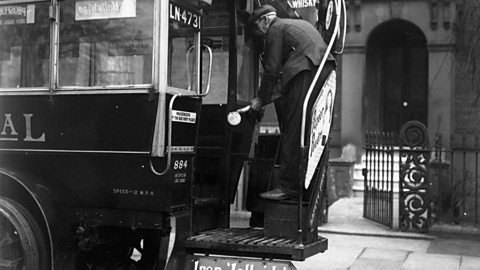
Exploring change and continuity - OCR B
Since c.1250, Britain has experienced significant changes in public health. Living conditions, responses to epidemics, and the role of the authorities in public health have all changed. Reasons for change or continuity can be explored.
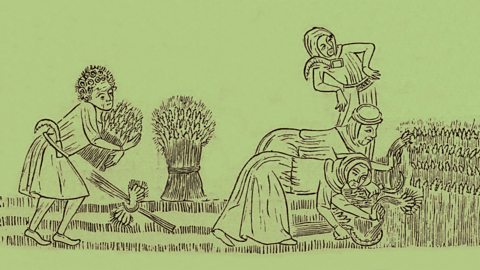
Migrants to Britain c1250 to present
Migrants to Britain c1250 to the present overview - OCR B
Migration has played an important part in Britain's history from c1250 to the present day. It has influenced Britainās economy, politics, culture and relationship with the wider world.

Medieval England 1250-1500 overview - OCR B
England was already shaped by migration. Power rested with monarchs and the Church, always with the threat of rebellion. Most lived off the land, while the wool trade was vital to the economy.
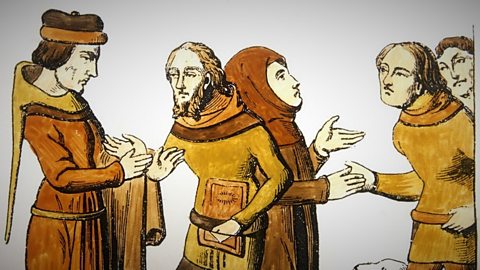
Attitudes towards migrants in medieval England - OCR B
The welcome migrants received was dependent on the political and economic situation at the time. Although most settled in to their communities, they were sometimes targeted.
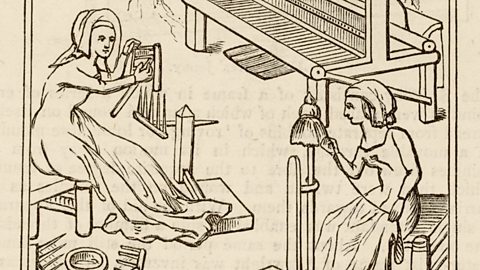
The diversity of medieval migrant communities - OCR B
Migrants came to settle in Britain for many reasons and from various parts of Europe. Most came to find work and their impact on the economy and society was great.
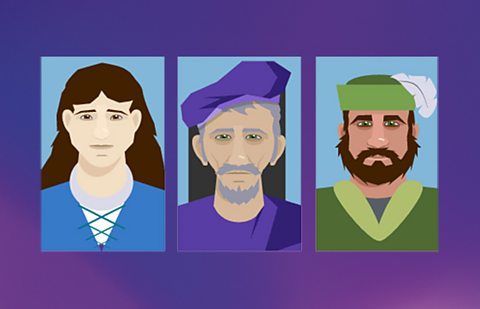
Jewish communities and their expulsion from England in 1290 - OCR B
Although many people at all levels benefited from Jewish moneylenders, rising anti-Semitism led to Jews being discriminated against, persecuted and eventually expelled from England.
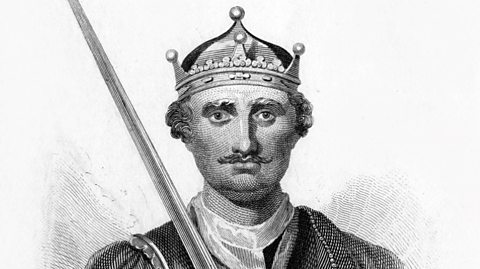
Early Modern Britain and the world, 1500-1750 overview - OCR B
Huge changes in Britainās world role emerged from the Reformation, the beginnings of European colonialism, new global trade routes, the growth of business and the trade in enslaved Africans.
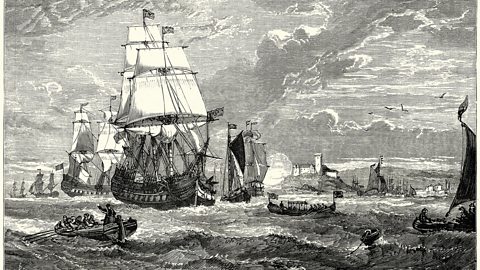
The diversity of other European migrants, 1500-1750 - OCR B
Different groups had different experiences. 16th century Gypsies were persecuted and the Hansa Steelyard was attacked and closed down but Jews were allowed back into England in the 17th century.
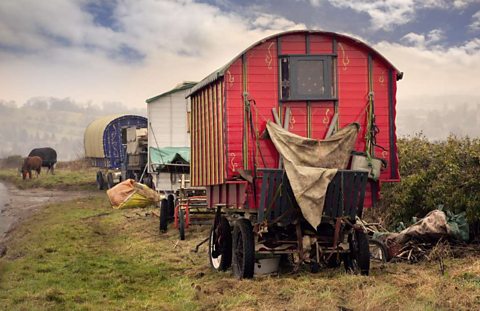
The Huguenots and other Protestant refugees, 1500-1750 - OCR B
Walloons and Huguenots were mostly welcomed and had a significant, lasting impact. Destitute Rhineland Palatines were less welcome and seen as a problem.
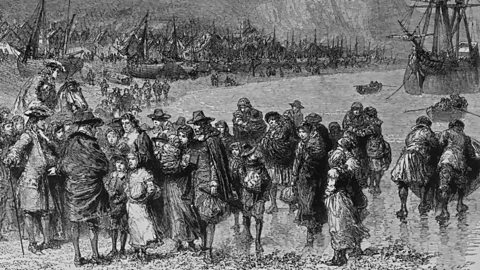
Early African and Indian migrants, 1500-1750 - OCR B
Africans in Tudor England lived free lives. From the late 17th century onwards, Africans and Indians were brought as servants. Some were treated as property at a time of enslavement in the colonies.
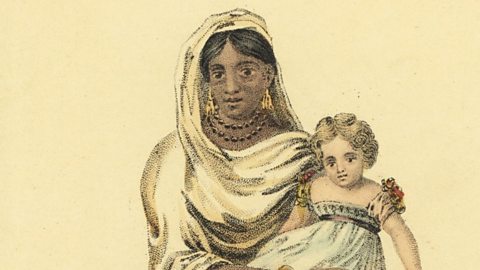
Industrial Britain, 1750-1900 overview - OCR B
In 150 years, Britain rose to become the dominant industrial and imperial power, greatly helped by migrant labour.
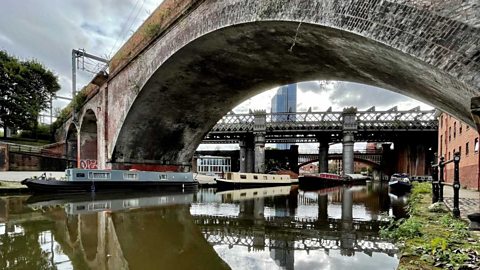
The diversity of European migrants, 1750-1900 - OCR B
Italian immigrants came seeking an escape from poverty, eastern-European Jews sought safety while Germans were looking for work opportunities.
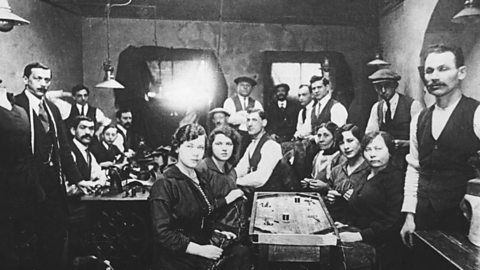
The growth of Asian and African communities, 1750-1900 - OCR B
Asian and African migrants came to Britain as a by-product of the British Empire. Most were part of the working poor; some joined the elite. In the port cities multi-racial communities developed.
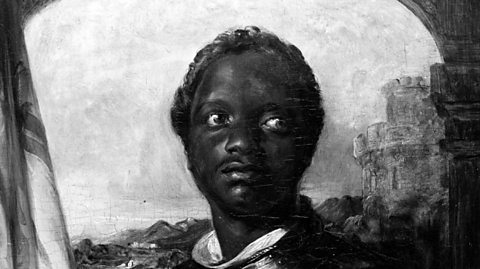
Migration from Ireland, 1750-1900 - OCR B
Emigration from Ireland was forced by poverty and disease. In England immigrants often faced terrible conditions and racism but were a vital labour force and became an integral part of the population.
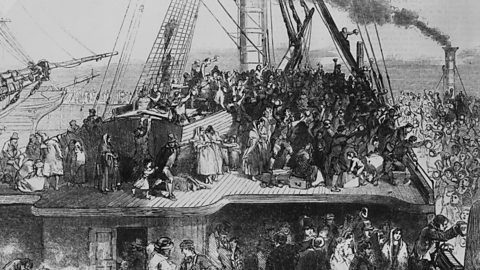
Immigration in the Modern Era, 1900-present overview - OCR B
World wars, the loss of empire, European division and unity, foreign involvement and atrocities at home all affected migration. Technology transformed how we communicated and understood the world.

Refugees and āenemy aliensā in the Modern Era, 1900 - 1947 - OCR B
This was a period of strict immigration controls and racial tensions. During the two world wars āenemy aliensā were interned. Some Jewish refugees from Nazi persecution were welcomed.
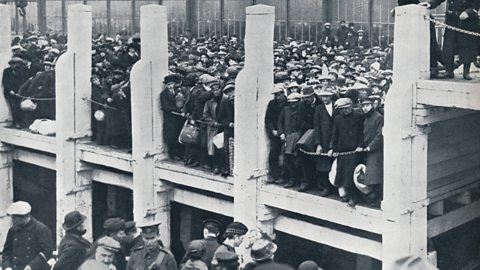
Commonwealth immigrants in the Modern Era, 1948-present - OCR B
Immigrants from the Commonwealth filled vacancies in vital industries but faced a sometimes violent racist backlash. Their response ranged from community organisation to uprising on the streets.
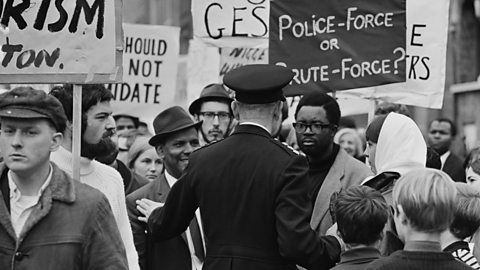
Economic migrants, refugees and asylum seekers, 1945 - present - OCR B
Free movement within the European Union led to mass migration just as increasing numbers of refugees were seeking to escape from foreign wars. This led to immigration becoming a hot political issue.
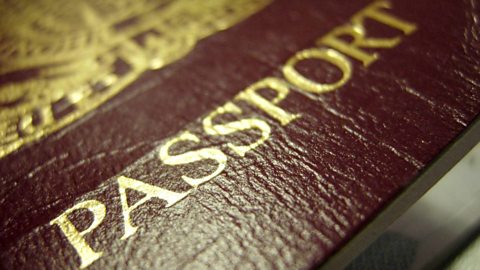
Migrants to Britain, c1250 to the present - exam preparation - OCR B
In your History GCSE, it is important that you not only have good subject knowledge, but have the skills to apply this knowledge to exam questions.
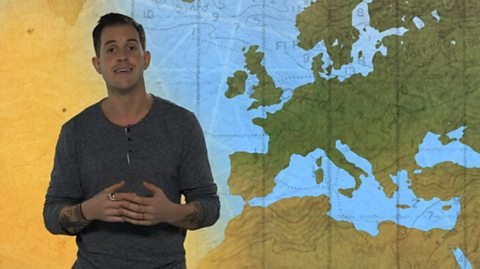
Links
- External linkExternal link
- External linkExternal link
- External linkExternal link
- SubscriptionSubscription
- External linkExternal link